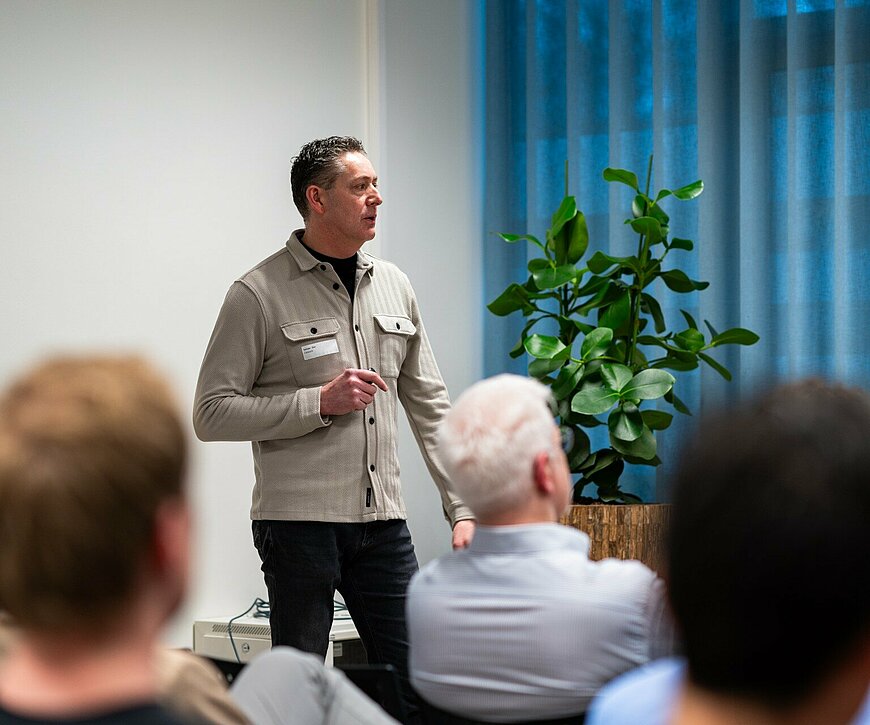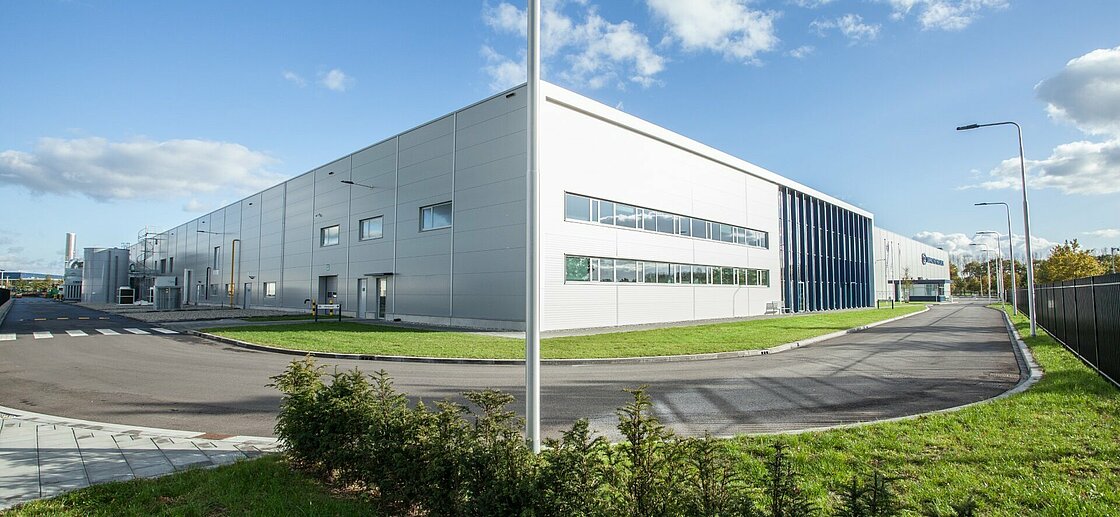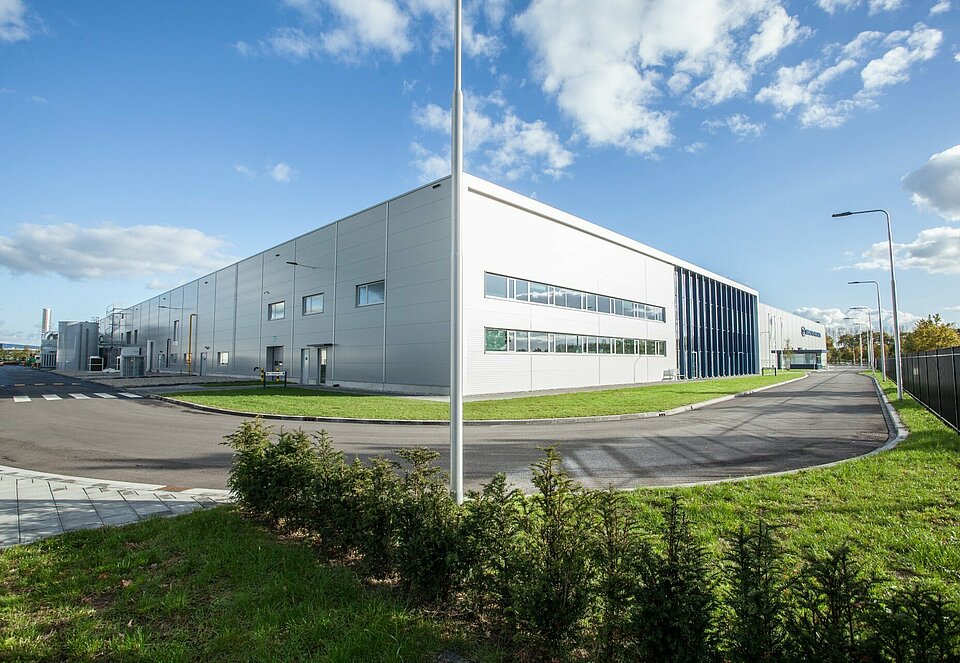Smart energy management: How Canpack is trying to get peak loads under control

Helmond, 29 January 2025 – In the world of large industrial companies, managing energy consumption is one of the most important challenges. At Canpack, the leading producer of aluminium cans with branches all over the world, energy management is a central focus. Sander Eier, Maintenance Manager at Canpack, talks about how the company tries to get peak loads in energy consumption under control by means of smart technological solutions.
Canpack: global player in the aluminium can industry
Canpack is located on the industrial estate in Helmond and produces billions of aluminium cans every year for the beverage, food and packaging industries. The company was founded in Poland and has expanded worldwide over the past 30 years, with branches in 27 countries and more than 8,500 employees, including some 500 in the Netherlands.
Canpack's production processes are complex and energy-intensive. Aluminium is transformed from rolls into final cans in a number of phases: pressing the cups, stretching the material, washing, drying and printing, followed by several baking processes to finish the product. Energy consumption is divided over various processes, with compressed air and the production of the tins being the biggest energy consumers. Approximately 30% of the total energy consumption goes to compressed air, and Canpack is working hard to reduce this.


The challenge: peak loads and exceedances
With an annual contracted power of thousands of kilowatt, it is essential for Canpack to properly manage the peaks in energy consumption. Before implementing measures, the company regularly reached the contracted transport capacity. This even led to situations in which Enexis asked Canpack to reduce the demand for energy, and the company regularly had to adjust production capacity downwards.
The challenge is difficult due to the high energy requirements of aluminium production. A lot of energy is needed to produce new aluminium. However, aluminium can be recycled up to 50 times. This makes aluminium the preferred choice for many companies, but at the same time it puts a heavy strain on the electricity grid.
Innovative measures: battery systems and peak shaving
Canpack has implemented a number of innovative measures to get these peaks under control. In May 2024, two DENS ‘power hubs’ were installed, with a total capacity of 600 kVA and a storage capacity of 1740 kWh. These batteries are used for what is known as ‘peak shaving’: the smoothing of energy peaks outside the contracted capacity by temporarily using the energy stored in the batteries. This ensures that the company can absorb the peaks in energy consumption without exceeding the contractual limits.
An advanced Energy Management System (EMS) plays a key role in this. The EMS continuously monitors energy consumption and automatically switches between the electricity grid and the batteries, depending on the demand for energy. Thanks to this system, the company has succeeded in eliminating the exceeding of the contracted transport capacity.

Safety and vision for the future
Safety is another important consideration when implementing such technologies. Canpack has taken extensive safety measures, including drawing up an emergency plan in accordance with the PSG 37 guidelines and applying for the necessary permits. The batteries are continuously monitored via remote monitoring to track their status and ensure safe operation.
With an eye on the future, Canpack has a clear vision for further production growth and energy management. Production growth requires more energy, and Canpack is preparing for the increased demand. Plans include further expanding storage capacity with both rental batteries and the implementation of its own battery systems, appointing an innovation and energy manager and searching for alternative energy sources such as solar energy (PV), hydrogen, combined heat and power plants (CHP) and ORC technology.
Progress through innovation
Canpack has proven itself to be a frontrunner in the responsible use of energy. Through smart solutions such as battery storage and the Energy Management System, the company is able to not only control peak loads, but also prepare for future growth. The focus on sustainability, energy efficiency and innovation makes Canpack a valuable player in the energy transition of industry.
With advancing technology and continuous optimisation of energy management, Canpack can further increase its production capacity and continue to provide its customers with the tins they need. This makes the company not only a sustainable producer, but also an inspiring case for other companies in the Brainport region.
